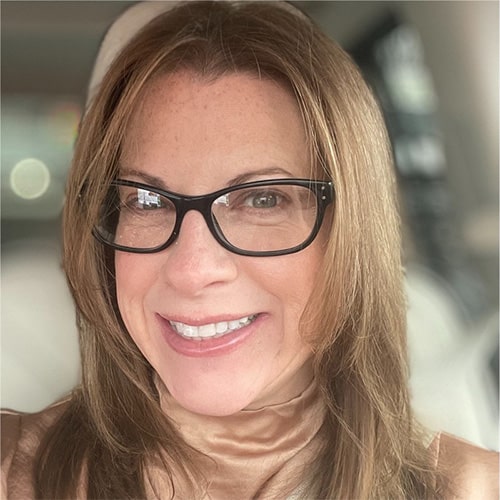
Home » August 2023 » Diversity, Equity, & Inclusion
Diversity, Equity, & Inclusion
Is Age Just a Number?
stock.adobe.com / dream@do
We don’t talk about things that are uncomfortable, which is why they stay uncomfortable. Age-related bias is a topic we rarely hear about in the diversity, equity, and inclusion (DEI) realm, but age discrimination spans every generation. Whether you are considered too young for a “senior” position or too old to be relevant, the reality is, as with most issues, we are our own worst enemy.
Through the DEI movement, difficult conversations about gender, race, religion, and sexual orientation have generated necessary change and elevated us all. There is still work to do but when we look forward, that long path is filled with optimism. Often forgotten but equally as impressive is how far we have come and the women and men that spirited that effort.
Now, use that same lens and think about age. Everyone has a history and experiences that have helped shape who they are, and everyone has a path filled with promise.
Earlier this year, I received a draft of my own resume, prepared for a project proposal from a colleague. The introduction read: Amanda has nearly 30 years of experience in the construction industry.
I read it and denied that this duration was accurate. I then did the math, sighed, and despite the pride I should feel as a woman who has worked in construction for this long, I asked for it to be changed to: Amanda has over 25 years of experience…somehow this made me feel more viable, less old. Guess what? I am still 49; it didn’t change a thing except my outlook.
Reflecting on that moment, I realized our society often uses age to determine someone’s value. It’s widespread and we do it to our own detriment just as much as we do to others. We use thinly veiled jokes, lie about our age, and cast aspersions on those older and younger who don’t sit within our age group to make ourselves feel better.
In December 2022, Kim E. Jackson, CAPP, wrote a brilliant article for IPMI regarding the impact of name biases and how it affects the review of a resume. The same holds true for age. Do you look at the history of employment or graduation dates, calculate the age, and wonder if you will “waste resources” on someone who will retire soon, or do you see the lack of experience and think, “another Millennial?”
What we are doing by being age restrictive is losing opportunities to learn from each other and grow into a more well-rounded team. That younger colleague has a fresh set of eyes that offers a new perspective, while a more veteran team member can offer the experience of lessons learned, and what we all have is the capacity to make each other better.
Every generation tends to think their life is harder than the others, leaving very little empathy for those who follow in our footsteps and little respect for those who paved the way.
It’s difficult for us to set aside age when society constantly encourages us to find the fountain of youth. And honestly, should you find that fountain, I’ll take a sip. But until that happens, let’s find ways we can be better.
What we can do is embrace the experiences, accomplishments, and potential of others as individuals and not as a number.
We can give a person the equitable opportunity to succeed.
We can be open to learning from those we teach.
We can be open to being out of our comfort zone and adjusting to someone else’s.
We can stop making what we think are innocuous comments about people’s age because what those comments are actually doing is creating an environment for disparity.
We can be aware of “harmless” vernacular that considers someone’s age or discounting someone’s relevance based on their age. Instead, why not lean in on their experience and their contributions to the team?
And, side note, as a woman, I can tell you, “You look good for your age” is not a compliment.
My career no longer has the shelf life I once thought it did. My words are only as good as the actions I set in motion, so I decided to open my own construction consulting firm earlier this year after nearly 30 years of working in construction management. I wanted to be able to do what I love, which is to guide the construction process, but if I’m going to build places, I need to be accountable to also build up people, all people, along the way. ◆
Amanda B. Clappsy is the Principal of CC3 Consulting, LLC.
-
This author does not have any more posts.


The Complexities of Identity
The Vitality of Discovering your own Intersectionality

Age Is Only a Number
To create equity and inclusion for all age groups, it’s






